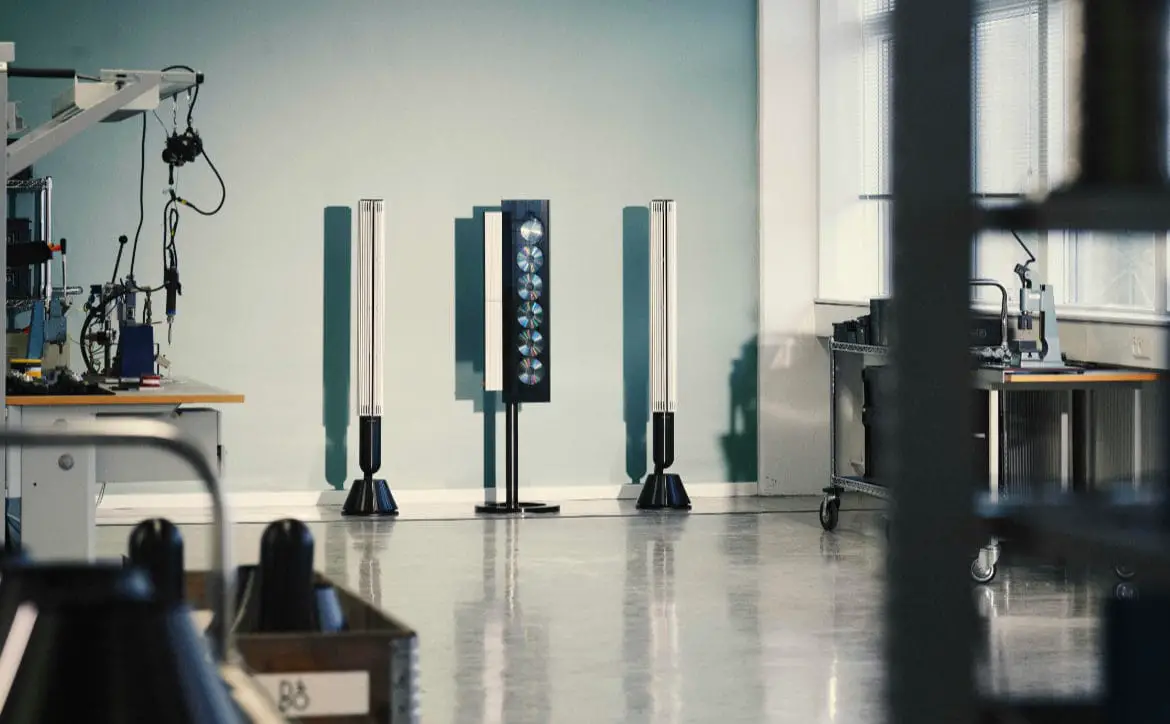Many of the headlines surrounding artificial intelligence (AI) and other kinds of smart tech feature worrying predictions about high-tech tools replacing jobs. They discuss extreme disruption of the workforce — and unemployment for human workers. Call agents are among those holding employment that some say seems most at risk for a tech takeover. It’s important to realize that in some cases, technology is helping humans work better — not making their jobs obsolete.
Algorithms Can Recognize Speech and Sentiment Trends
People are accustomed to the idea that someone else could hear the conversations that occur between themselves and customer support agents. Most companies play recordings that say, “This call may be monitored for quality assurance purposes” to clarify that fact and reduce liability.
There was a time when call center managers sat and listened to those recordings, particularly if customers pointed out particularly unpleasant experiences and accused call center staff members of improperly handling situations.
However, some of the top companies involved with telephone-based customer service are using AI tools that can be significantly more proactive by detecting shifts in speech qualities that could indicate things are starting to go wrong.
The technology gives feedback on a call center agent’s screen, such as by providing suggestions for calming a person down or offering positive reinforcement when the algorithms pick up on the voices of satisfied customers.
Used at companies including MetLife, these kinds of AI-aided systems could notice things that humans don’t, then potentially reduce the stress and upset that can go hand-in-hand with the job.

A New Addition to Tools Call Agents Already Use
As mentioned above, call recording applications have been in place for a while. People in the call center industry also have resources that can streamline the work they do, such as automatic dialing software and databases that let them speedily retrieve scripted answers to the most common questions without interrupting the flow of the conversation.
Cogito Dialog, the application used by the team members at MetLife, gives notifications to agents who are unintentionally doing things that could make fruitful communications more difficult to achieve, such as talking too fast or interrupting the person on the other end of the phone. Most individuals do those things without thinking, especially if they’re tired at the end of a long workday. In this case, AI supplements jobs instead of overtaking them.
Artificial Intelligence Isn’t All-Encompassing
An important thing to remember is that the smartest tech tools still have shortcomings. For example, they may process changes in a person’s tone of voice but not be able to screen recordings for the phrases customers say most often. That frequently makes it necessary for companies to hire new team members to fill the gaps left by new technology.
A company that’s testing autonomous delivery trucks still puts humans on board in case things don’t go as planned. Similarly, pilot projects of delivery vehicles that are too small to accommodate people still had humans walking behind them to supervise.

AI Could Reduce Heightened Emotions and Lengthy Waits
Statistics indicate that if given a choice, 70 percent of people prefer to use a messaging platform instead of a traditional phone call when trying to get assistance. With that in mind, some companies let customers reach out via chatbots.
If a chatbot can’t help, the customer gets transferred to a human. The positive aspect of that scenario is that well-programmed chatbots can answer simple queries and leave humans with more time to tackle complicated requests.
Some individuals also get so fed up with confusing menu options and long waiting times that they hang up before getting assistance. So, businesses are building in-depth, AI-powered self-service portals that equip people to do some things without having to wait for a representative to pick up the call.
Thanks to the combination of chatbots and self-service portals, the chances go down of a customer service representative spending the majority of the day handling easily resolved but time-consuming issues. It also gives customers more opportunities to get assistance with technology so they won’t feel tempted to give up trying to address concerns.
Then, it’s more likely that the people remaining for call center agents to help won’t feel as frustrated by waiting. That’s because they’ve already explored other options.
Plus, since tech assists people with the most straightforward needs, call agents’ lines shouldn’t be as tied up as they once were. A case study involving Humana, a health insurance company, found that using voice-analyzing tools led to a 28 percent increase in customer satisfaction. Together with other AI helpers, it could be possible to limit the interactions humans have with grumpy callers.
Call center professionals still play instrumental roles in fixing problems and bolstering customer loyalty. Newly available AI technologies like the ones discussed above help them excel in what’s traditionally a high-stress and fast-paced kind of employment.










